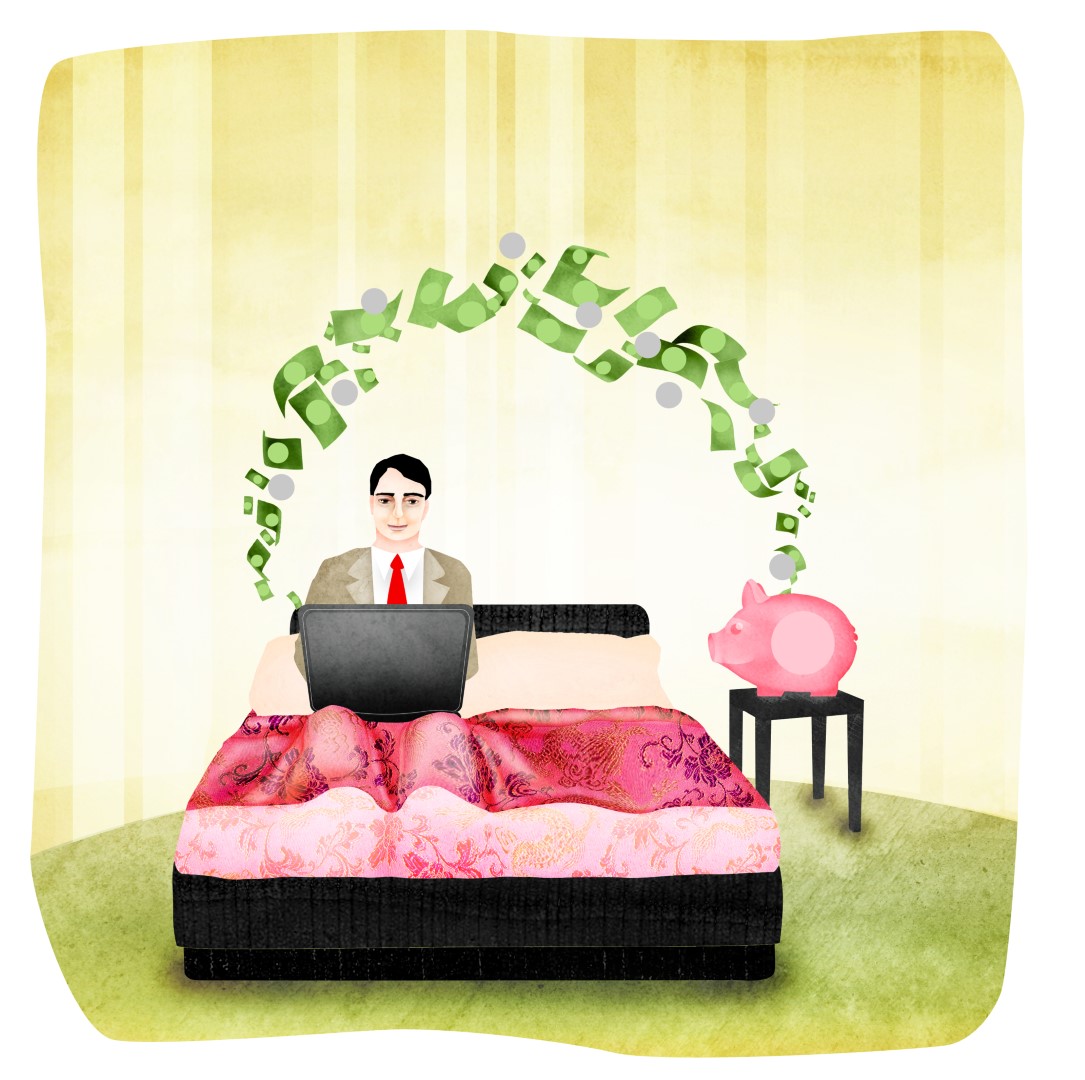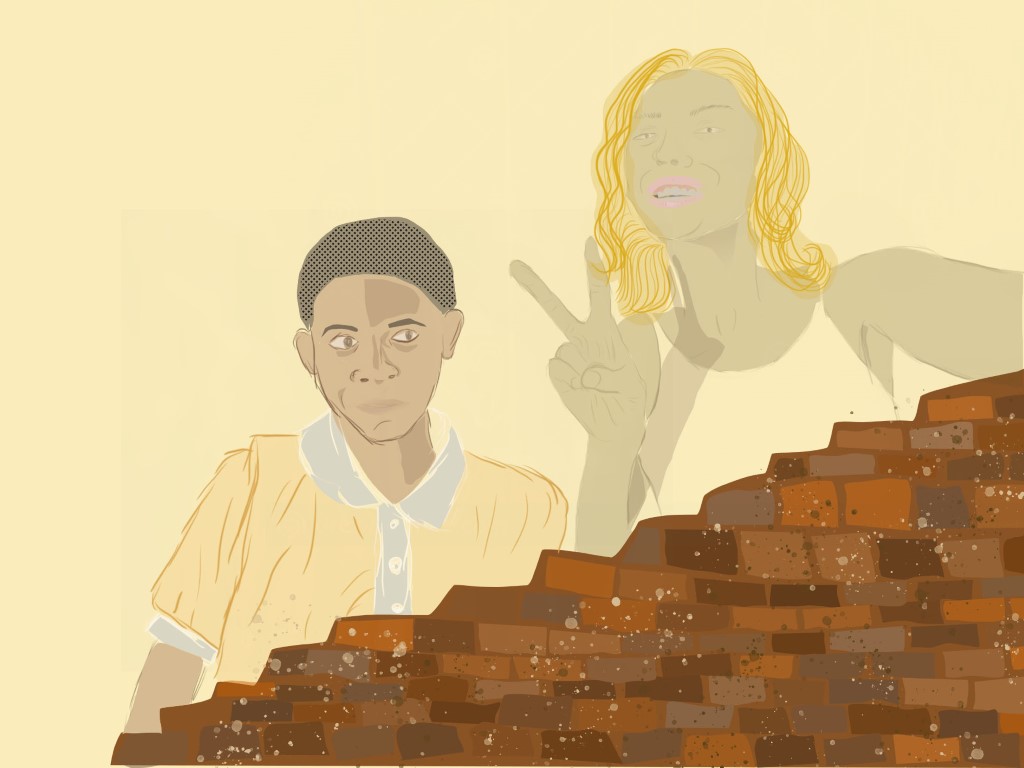
The pros and cons of a mid-semester break
By Elliot Chan, Staff Writer
Show of hands—how many of you actually spent the study break studying? Don’t feel guilty if you avoided the books and assignments for a week; you’re not the only one. Most of us used the break in the traditional sense: as an actual break. Sleeping until noon, catching up on our favourite television shows, and seeing the long-forgotten faces of our friends and family. Some even tried to sneak in a vacation or go on a trip, but for those who weren’t successful in being productive, how effective was the study break? Would it have been more beneficial to keep the ball rolling and get the semester over with?
It’s easy to say at the beginning of the break that you’ll harness the motivation to get ahead, but odds are the battle will be lost to procrastination. Maybe you’ll sneak a few hours of reading and writing, but students are creatures of habit, and a schedule is hard to develop during a week-long break. The daily school routine keeps the momentum going for students. Remember the first week of school, getting the first assignment, and the will to accomplish it? The study break might seem like a delightful opportunity for leisure, or to get your head above the waves of homework, but odds are that it is nothing more than an academic speed bump, slowing the learning process.
Of course, the fear of burning out is always on the minds of stressed out students. It is flu season after all, and the worst-case scenario is falling ill and behind in lectures. For those who have been caught under the weather, the study break will be more of a recovery period. Therefore, they should avoid any strenuous activities altogether and be responsible in recuperating.
To call it a “study break” implies that there are assignments due and deadlines to be met. Some teachers and professors take the extra measure, supplying more homework to keep students busy. The reason administration incorporated the break into the semester was for students to find the balance between rest and work. It is important that all parties (students, teachers, and parents) understand the strain of education. A study break shouldn’t be one long cramming session, or a non-stop celebration. Ask any athletic trainer what is the most vital part of working out, and they will likely tell you that it’s the recovery afterward. Rest and proper nutrition are disciplines. And so it goes with learning: the study break might feel like two steps backward, but it is all a part of the process. Take a breather, have a stretch, and return to school with a rejuvenated outlook on your goals and accomplishments. The school year is not a sprint—it’s all a long hike up the academic Alps.

